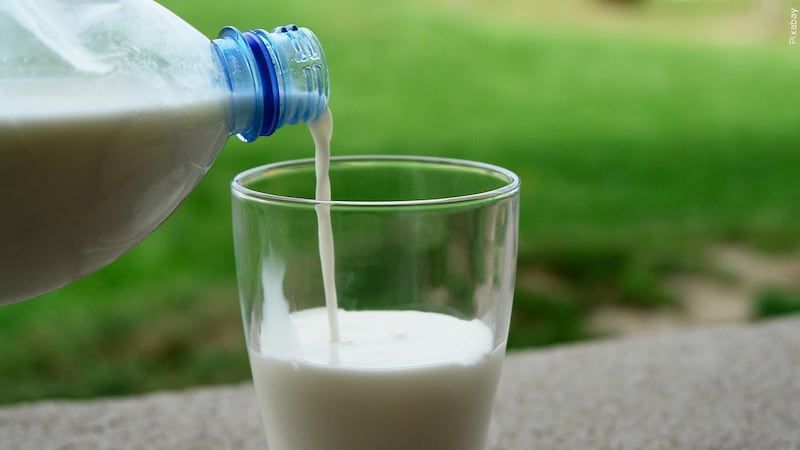The Rise of A2 Milk: A Fresh Take on Dairy Consumption

The perception of milk has shifted over the years, largely due to growing concerns about dairy intolerance. In contrast to the 'Got Milk' campaigns of the 1990s, today's Americans consume 47% less milk on average, with daily consumption dropping from about 1 and 1/4 cups in 1975 to just 2/3 cup. However, a new kind of milk is gaining traction among individuals who suffer from intolerance: A2 milk.
At Riverbend Creamery in Midland, North Carolina, over 200 Jersey cows produce milk that is processed into ice cream and traditional dairy products. The farm focuses on A2 milk, noted for its A2A2 beta casein protein, which is reportedly easier to digest compared to A1 protein found in most milk. Olivia Miller, co-owner of Riverbend, highlights the intolerance many experience with A1 protein, leading them towards A2 as a suitable alternative.
Despite up to 50 million Americans estimated to suffer from lactose intolerance, according to the National Institute of Diabetes and Digestive and Kidney Diseases, it's the A1 protein that might cause digestive discomfort rather than lactose itself. Kelly Homesley, a dietician with Novant Health, emphasizes that dairy milk, including A2, is a beneficial dietary choice rich in essential proteins, vitamins, and minerals.
Riverbend has been exclusively producing A2 milk for eight years, aiming to reintegrate real dairy into diets without causing digestive issues. However, consumers are advised to consult with healthcare providers for conditions like lactose intolerance or milk allergies, as A2 milk does not alleviate all dairy-related health concerns.









